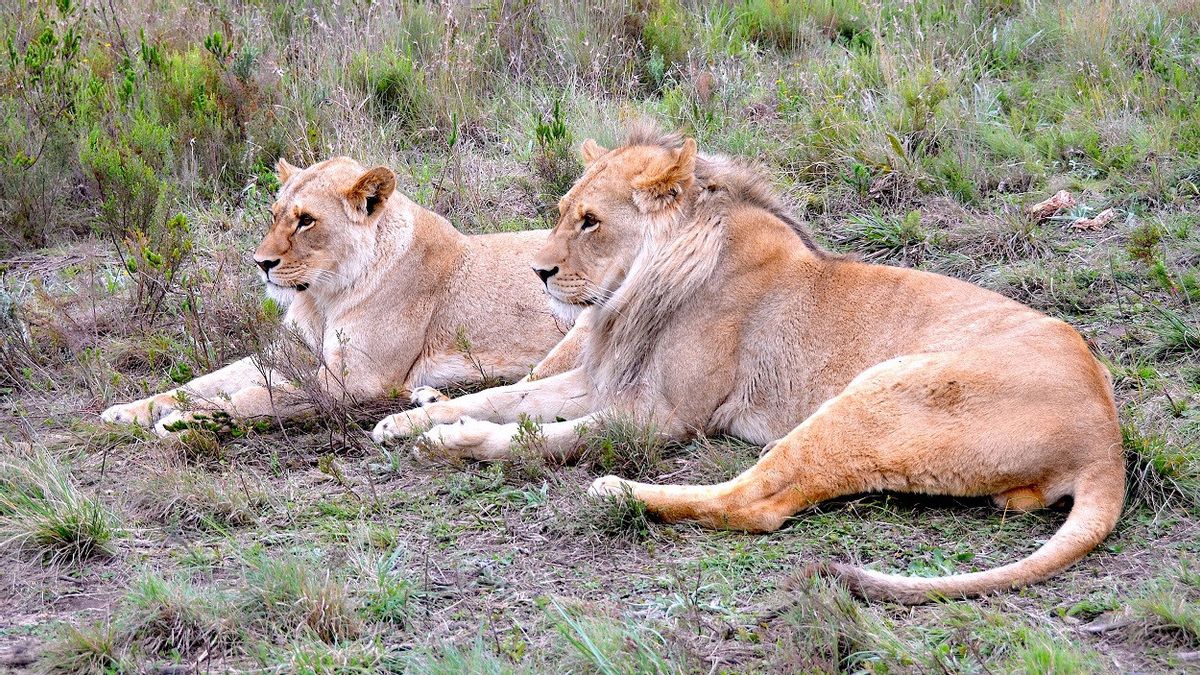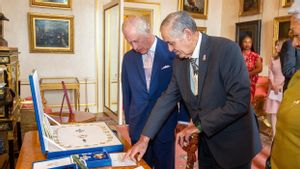JAKARTA - The gradual elimination of large-buying animal breeding in South Africa and the ban on the use of lions for commercial gain, have a number of large cat breeders worried about their business prospects.
A ministerial task force appointed by former environmental minister Barbara Creepy recommended closing the captivity sector in December 2022, but did not provide financial incentives for lion owners after the ban took effect.
The government implemented the recommendation in April, indefinitely terminating captivity. There has been no change to the plan since South Africa's national election in May, with President Cyril Ramaphosa leading the new unity and appointment of the minister of the environment.
South Africa has more than 8,000 lions living in captivity, the world's largest breeding lion population, surpassing the country's wild lion population.
Willie Le Roux, owner of a hunting camp and wildlife-made reproductive researcher, said his hut had been involved in artificial reproductive research with local and international universities since 2006. In 2017, his hut produced its first lion cub through artificial insemination.
"(The government) cannot get two benefits. They cannot give us (permission) for research, but then stop our revenue flow," Le Roux said.
Pondok Le Roux allows tourists to participate in guided educational tourism with lions, which he says helps pay their employees and fund their research facilities.
Meanwhile, Asini Sanadi, an animal handler who has worked at Le Roux's hut for 14 years and is the only financial provider for her family, said ending the breeding of a large cat would hurt her livelihood.
The department report encourages owners of breeding facilities to voluntarily leave the industry by euthanizing or sterilizing animals, or handing them over to the government to be released into the wild or transferred to a shelter.
SEE ALSO:
"Servational organizations can re-allocate funds and resources currently directed at the captivity industry to support real conservation efforts," said Marijuana Miles, director of animal welfare organization Four Paws in South Africa.
Communities around national nature reserves and parks can benefit from the economy if tourism increases, Miles said.
The English, Chinese, Japanese, Arabic, and French versions are automatically generated by the AI. So there may still be inaccuracies in translating, please always see Indonesian as our main language. (system supported by DigitalSiber.id)


















